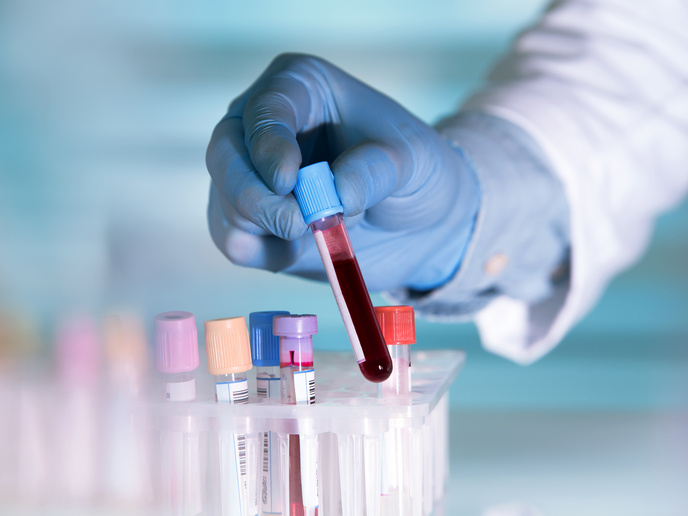Fight cancer by starving cancer cells
Metastatic cancer cells have a growth advantage over normal cells as their glycolytic rates are far higher. This is due to the higher amounts of the muscle isoform of lactate dehydrogenase (hLDH5) enzyme. However, lack of the hLDH5 enzyme in normal cells does not prove fatal to human beings. The EU has funded a research project, 'Synthesis of N-hydroxyheterocycles as starvation agents against highly invasive hypoxic solid tumours' (NOXYCANCERSTARV), to combat cancer by developing molecules that selectively inhibit hLDH5 and prevent the spread of cancer. On the basis of previous research showing that N-hydroxyheterocycles had the ability to inhibit hLDH5, an international research team worked on the molecular design and synthesis of a series of new N-hydroxyheterocycle compounds. Their anti-cancer properties were evaluated by testing on cancerous cell lines and work was carried out on molecular modelling, synthesis of gluco-conjugates and development of enzyme inhibition bioassays. The NOXYCANCERSTARV research team produced and tested over 100 molecules for hLDH5 inhibition. Over 30 % of these compounds showed significant levels of cancer cell inhibition. N-hydroxyindole-2-carboxylate (NHI) fragment was found to be more consistent in selective inhibition of hLDH5. Glyco-conjugates of the strongest NHI-based hLDH5 inhibitors were prepared on a multi-gram scale and showed higher cellular uptake or absorption. These NHI-based hLDH5 inhibitor drugs have the potential to fight cancer with fewer side effects than current conventional treatment methods such as chemotherapy and radiotherapy. However, further testing needs to be done at the clinical level to validate these drugs for use in cancer treatment.







